2024 JHU Science Diplomacy Summit
Experts and scholars from 20+ countries discussed how science can foster international cooperation.
265SmithWatt 75Neumann 55.YunusAbed , AI20s.com JHDHFL 20
KingCharlesLLM DeepLearning009 NormanMacrae.net EconomistDiary.com Abedmooc.com
By working across differences and international divides, science diplomats work to improve lives and international relations through peaceful scientific engagement on some of the most pressing topics of our day–including climate change, artificial intelligence, space exploration, sustainability, and quantum physics.
Based at the Hopkins Bloomberg Center in Washington, D.C., the Johns Hopkins Science Diplomacy Hub was launched in 2023 and aspires to foster the growth of a global network of science diplomats and create durable partnerships to deliver evidence-driven policy solutions.
Throughout the year, the Hopkins Science Diplomacy Hub hosts a range of convenings that bring together stakeholders from across the globe, including government officials, researchers, academics, practitioners, and industry leaders. The convenings culminate in the Johns Hopkins Science Diplomacy Summit.
The next Johns Hopkins Science Diplomacy Summit will take place on April 14-15, 2025.
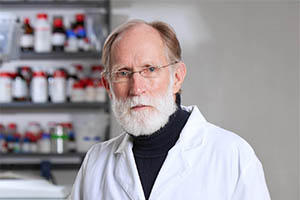
Bloomberg Distinguished Professor
2003 Nobel Laureate in Chemistry
Johns Hopkins Science Diplomacy Hub Co-Director
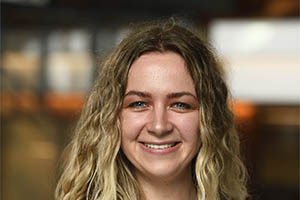
Ph.D. Candidate in Chemistry
Johns Hopkins Science Diplomacy Hub Co-Director
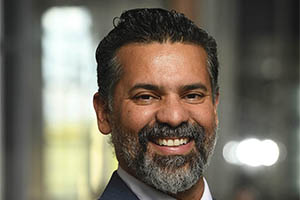
Senior Director of Global Sustainability and Development
National Academies of Sciences, Engineering, and Medicine (NASEM)
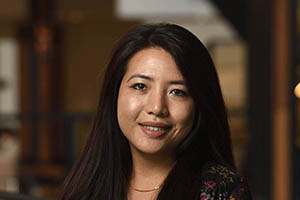
Senior Executive
National Council of University Research Administrators (NCURA)
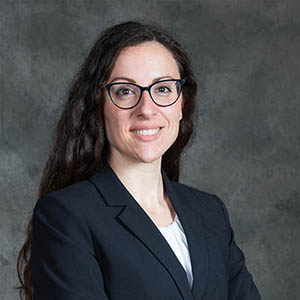
Program Director | Division of Astronomical Sciences
National Science Foundation (NSF)
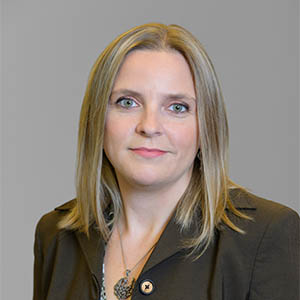
Program Director
Office of Drug Development Partnership Programs
National Center for Advancing Translational Sciences (NCATS)
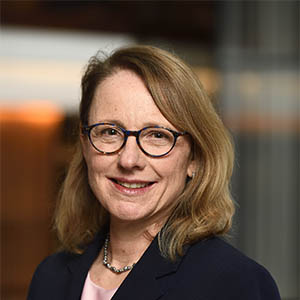
Head
Office of the Director | Office of International Science and Engineering (OISE)
National Science Foundation (NSF)
The Science Meets Regions series facilitates bilateral and multilateral cooperation by connecting leading scientists and diplomats from participating countries to share and advance priorities in science, technology, and innovation. The series serves as a platform for scientists to contribute their expertise and offer evidence-based recommendations to address pressing challenges facing each country and their surrounding geographical region.
Series highlights:
The tiniest particles in the universe could transform sectors ranging from health care to defense, as scientists use principals beyond “classical” physical limitations to develop new materials and enhance computing power, secure communication, sensing, and more. Multiple countries have recognized such transformative opportunities, resulting in increased international competition in this promising new area of science and technology.
To help prepare for the Quantum Age, the Science Diplomacy Hub hosts the annual Global Quantum Strategies Overview convening, featuring flash talks by distinguished key players in the private sector, academia, and government to discuss the latest relating to QIST topics, including:
In 2024, the sequel to the annual Global Quantum Strategies Overview convening was the “Narrowing the Quantum Divide: Future Talent & Workforce Development”, an event where ambassadors of countries including Switzerland and Finland, in addition to distinguished speakers from other countries, shared updates on key advancements in quantum talent development pipelines in their respective countries.
From weather forecasting to water resource management, to agriculture, telecommunications and beyond, the strategic importance of space underscores the need for effective international cooperation based on diplomacy, international treaties, and other global agreements. The Science Diplomacy Hub hosts key players in the space science diplomacy field including astronauts, diplomats, and innovators to share their experiences.
The effects of climate change vary dramatically around the globe, but solving the crisis will only happen when all nations, big and small, work together to forge and adopt common solutions. This collaboration is necessary at the diplomatic level as well as through researchers across scientific fields convening and sharing data-driven and evidence-based solutions on a range of issues, from food safety and security to health and transportation.
Agriculture: Intensive farming practices and excessive use of synthetic fertilizers and pesticides have led to an increased focus on the topic of sustainable agriculture to ensure a sustainable, safe, and healthy food supply.
Artificial Intelligence: As artificial intelligence becomes increasingly integrated into our daily lives and critical systems, there is a pressing need for sustainable AI practices. These include the responsible and ethical development, deployment, and usage of AI that considers the long-term well-being of both society and the environment.
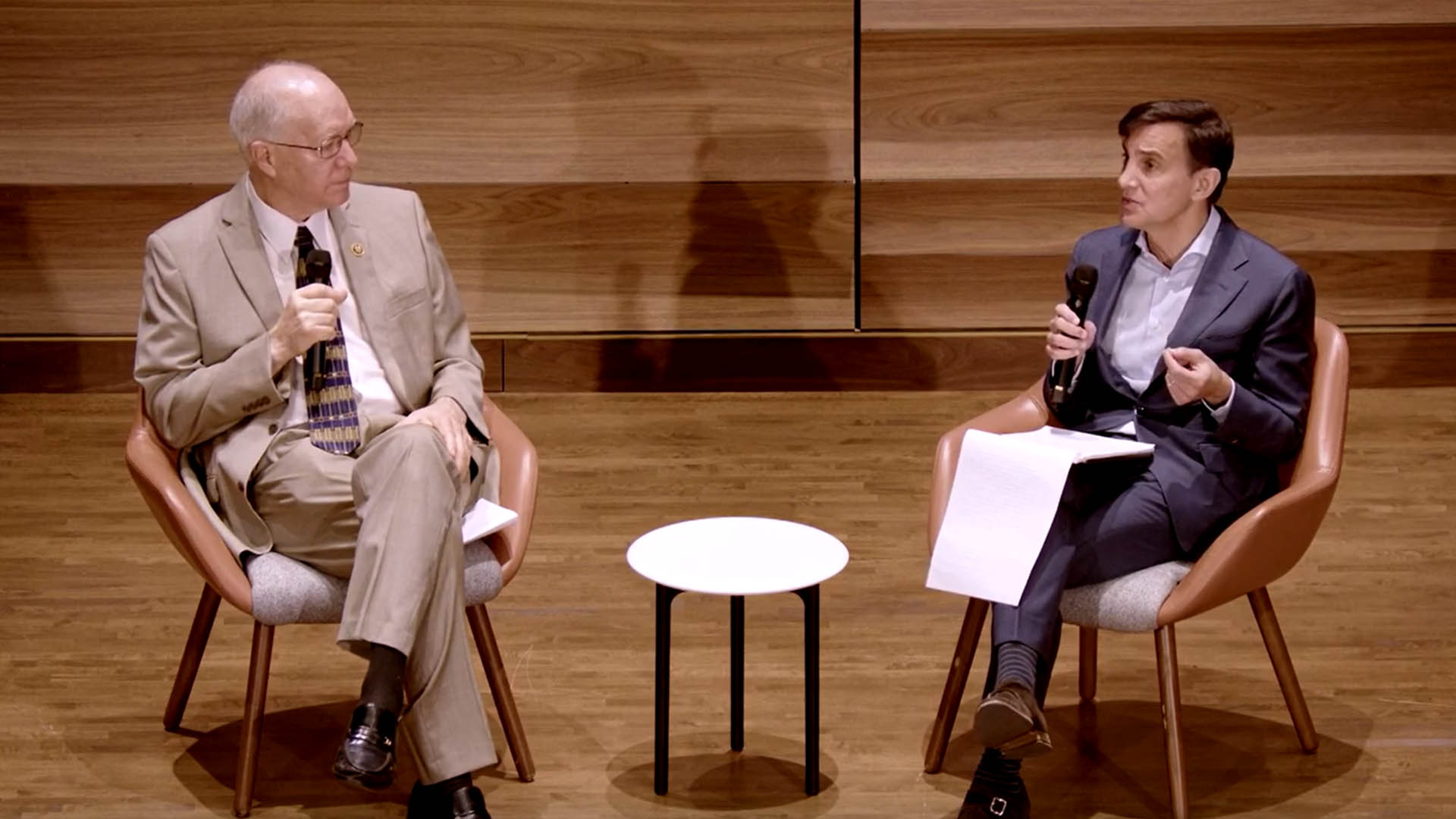
Experts and scholars from 20+ countries discussed how science can foster international cooperation.
Tags:
Views: 57
Johns Hopkins experts in artificial intelligence span the interdisciplinary spectrum—from engineering to medicine, neuroscience to transportation and beyond. They work to ensure that the research and development of the rapidly evolving technology progresses ethically so that governments can formulate policies that advance the best interests of humanity.
In the summer of 2023, Johns Hopkins University announced a major new investment in data science and the exploratio..., one that will significantly strengthen the university’s capabilities to harness emerging applications, opportunities, and challenges presented by the explosion of available data and the rapid rise of accessible AI. The Johns Hopkins Data Science and AI Institute provides a nexus for experts from diverse disciplines who bring data science, machine learning, and AI to bear over a wide range of fields, including national security, societal safety, materials design, public health, clinical care, neuroscience, space systems, and public policy.
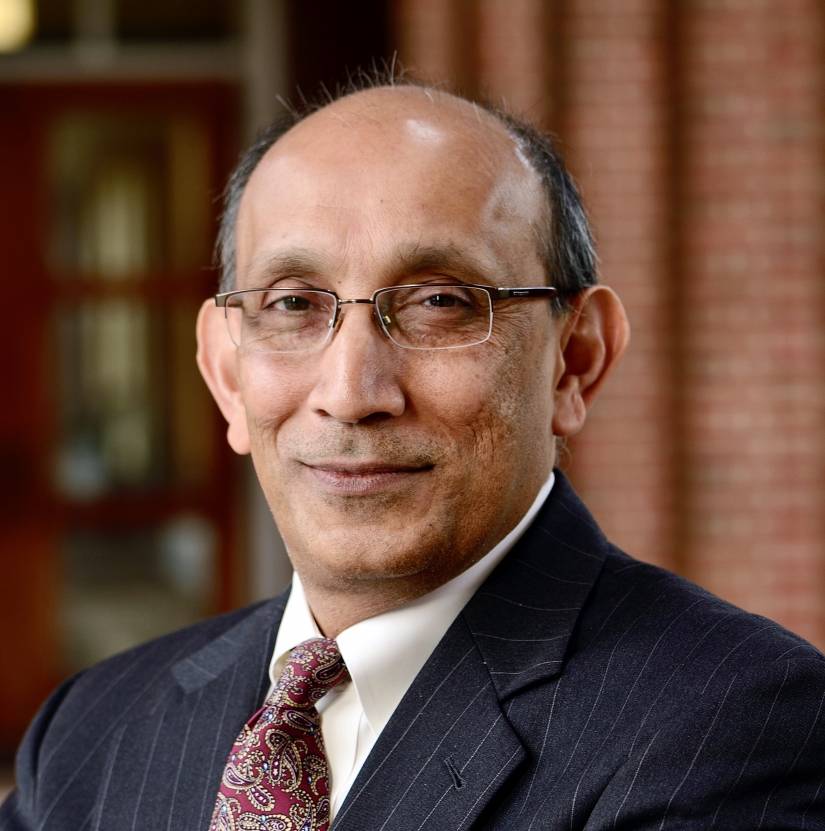
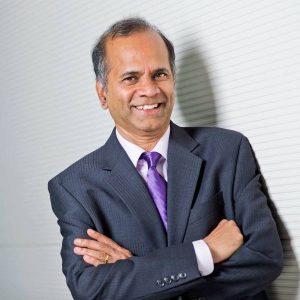
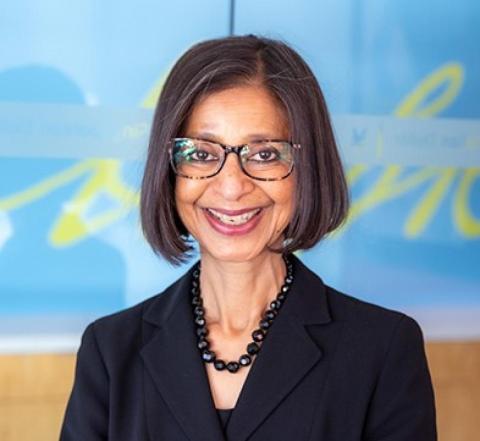
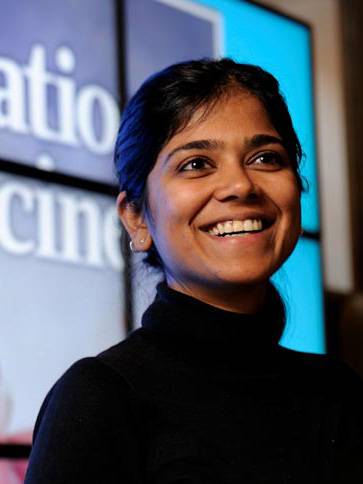
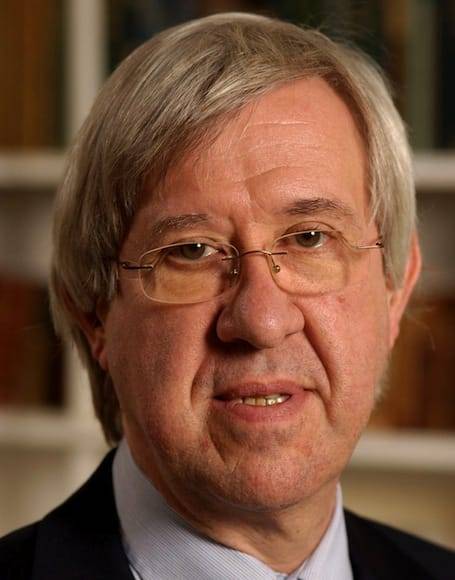
.jpg)
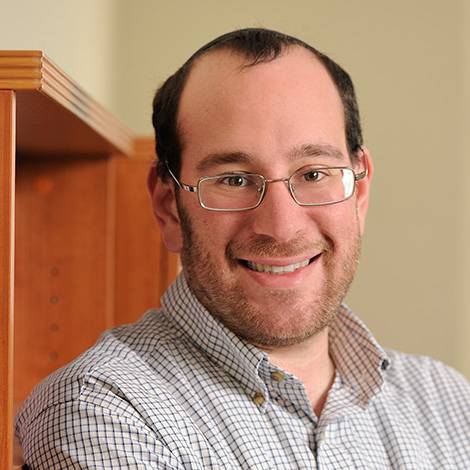
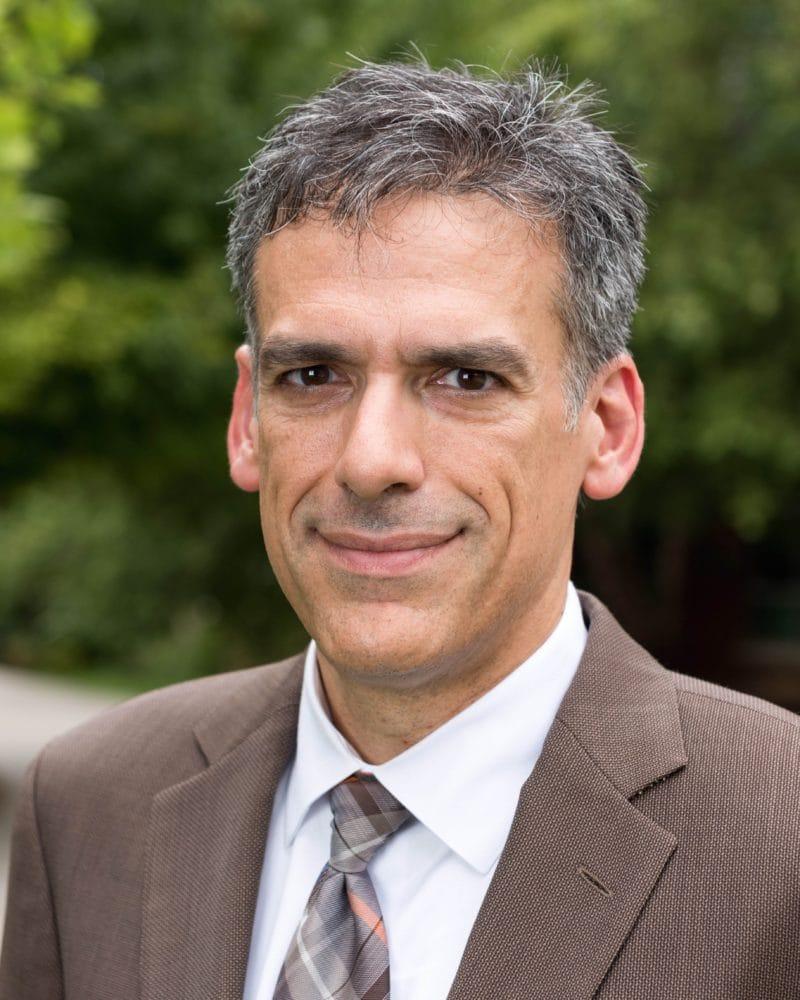
a longer listing of about top 50 jhu people connecting AI and mix of disciplines is here
also an early review of ai was feb 2023 hosted by alexis battle co-chair of ai + data sciencewith Chellappa-
This video;s cast:-
Tuesday, February 14, 2023 Topics discussed include:
With the following Johns Hopkins experts:
2025REPORT-ER: Entrepreneurial Revolution est 1976; Neumann Intelligence Unit at The Economist since 1951. Norman Macrae's & friends 75 year mediation of engineers of computing & autonomous machines has reached overtime: Big Brother vs Little Sister !?
Overtime help ed weekly quizzes on Gemini of Musk & Top 10 AI brains until us election nov 2028
unaiwho.docx version 6/6/22 hunt for 100 helping guterres most with UN2.0
RSVP chris.macrae@yahoo.co.uk
Prep for UNSUMMITFUTURE.com
JOIN SEARCH FOR UNDER 30s MOST MASSIVE COLLABS FOR HUMAN SUSTAINABILITY
1 Jensen Huang 2 Demis Hassabis 3 Dei-Fei Li 4 King Charles
5 Bezos Earth (10 bn) 6 Bloomberg JohnsHopkins cbestAI.docx 7 Banga
8 Maurice Chang 9 Mr & Mrs Jerry Yang 10 Mr & Mrs Joseph Tsai 11 Musk
12 Fazle Abed 13 Ms & Mr Steve Jobs 14 Melinda Gates 15 BJ King 16 Benioff
17 Naomi Osaka 18 Jap Emperor Family 19 Akio Morita 20 Mayor Koike
The Economist 1982 why not Silicon AI Valley Everywhere 21 Founder Sequoia 22 Mr/Mrs Anne Doerr 23 Condi Rice
23 MS & Mr Filo 24 Horvitz 25 Michael Littman NSF 26 Romano Prodi 27 Andrew Ng 29 Lila Ibrahim 28 Daphne Koller
30 Mayo Son 31 Li Ka Shing 32 Lee Kuan Yew 33 Lisa Su 34 ARM 36 Priscilla Chan
38 Agnelli Family 35 Ms Tan & Mr Joe White
37 Yann Lecun 39 Dutch Royal family 40 Romano Prodi
41 Kramer 42 Tirole 43 Rachel Glennerster 44 Tata 45 Manmohan Singh 46 Nilekani 47 James Grant 48 JimKim, 49 Guterres
50 attenborough 51 Gandhi 52 Freud 53 St Theresa 54 Montessori 55 Sunita Gandhu,56 paulo freire 57 Marshall Mcluhan58 Andrew Sreer 59 Lauren Sanchez, 60 David Zapolski
61 Harris 62 Chips Act Raimundo 63 oiv Newsom. 64 Arati Prab hakarm,65 Jennifer Doudna CrispR, 66 Oren Etsioni,67 Robert Reisch,68 Jim Srreyer 69 Sheika Moza
- 3/21/22 HAPPY 50th Birthday TO WORLD'S MOST SUSTAINABLE ECONOMY- ASIAN WOMEN SUPERVILLAGE
Since gaining my MA statistics Cambridge DAMTP 1973 (Corpus Christi College) my special sibject has been community building networks- these are the 6 most exciting collaboration opportunities my life has been privileged to map - the first two evolved as grassroots person to person networks before 1996 in tropical Asian places where village women had no access to electricity grids nor phones- then came mobile and solar entrepreneurial revolutions!!
COLLAB platforms of livesmatter communities to mediate public and private -poorest village mothers empowering end of poverty 5.1 5.2 5.3 5.4 5.5 5.6
4 livelihood edu for all
3 last mile health services 3.1 3,2 3.3 3.4 3.5 3.6
last mile nutrition 2.1 2.2 2.3 2.4 2.5 2,6
banking for all workers 1.1 1.2 1.3 1.4 1.5 1.6
NEWS FROM LIBRARY NORMAN MACRAE -latest publication 2021 translation into japanese biography of von neumann:
Below: neat German catalogue (about half of dad's signed works) but expensive -interesting to see how Germans selected the parts they like over time: eg omitted 1962 Consider Japan The Economist
feel free to ask if free versions are available
0 The coming entrepreneurial revolution : a survey Macrae, Norman - In: The economist 261 (1976), pp. 41-65 cited 105
. we scots are less than 4/1000 of the worlds and 3/4 are Diaspora - immigrants in others countries. Since 2008 I have been celebrating Bangladesh Women Empowerment solutions wth NY graduates. Now I want to host love each others events in new york starting this week with hong kong-contact me if we can celebrate anoither countries winm-wins with new yorkers
mapping OTHER ECONOMIES:
50 SMALLEST ISLAND NATIONS
TWO Macroeconomies FROM SIXTH OF PEOPLE WHO ARE WHITE & war-prone
ADemocratic
Russian
=============
From 60%+ people =Asian Supercity (60TH YEAR OF ECONOMIST REPORTING - SEE CONSIDER JAPAN1962)
Far South - eg African, Latin Am, Australasia
Earth's other economies : Arctic, Antarctic, Dessert, Rainforest
===========
In addition to how the 5 primary sdgs1-5 are gravitated we see 6 transformation factors as most critical to sustainability of 2020-2025-2030
Xfactors to 2030 Xclimate XAI Xinfra Xyouth Wwomen Xpoor chris.macrae@yahoo.co.uk (scot currently in washington DC)- in 1984 i co-authored 2025 report with dad norman.
|
Asia Rising Surveys
Entrepreneurial Revolution -would endgame of one 40-year generations of applying Industrial Revolution 3,4 lead to sustainability of extinction 1972's Next 40 Years ;1976's Coming Entrepreneurial Revolution; 12 week leaders debate 1982's We're All Intrapreneurial Now
|
The Economist had been founded in 1843" marking one of 6 exponential timeframes "Future Histores"
IN ASSOCIATION WITH ADAMSMITH.app :
we offer worldwide mapping view points from
and these viewpoints:
40 years ago -early 1980s when we first framed 2025 report;
from 1960s when 100 times more tech per decade was due to compound industrial revolutions 3,4
1945 birth of UN
1843 when the economist was founded
1760s - adam smithian 2 views : last of pre-engineering era; first 16 years of engineering ra including america's declaration of independence- in essence this meant that to 1914 continental scaling of engineeriing would be separate new world <.old world
IF we 8 billion earthlings of the 2020s are to celebrate collaboration escapes from extinction, the knowhow of the billion asian poorest women networks will be invaluable -
in mathematically connected ways so will the stories of diaspora scots and the greatest mathematicians ever home schooled -central european jewish teens who emigrated eg Neumann , Einstein ... to USA 2nd quarter of the 20th century; it is on such diversity that entrepreneurial revolution diaries have been shaped
EconomistPOOR.com : Dad was born in the USSR in 1923 - his dad served in British Embassies. Dad's curiosity enjoyed the opposite of a standard examined education. From 11+ Norman observed results of domination of humans by mad white men - Stalin from being in British Embassy in Moscow to 1936; Hitler in Embassy of last Adriatic port used by Jews to escape Hitler. Then dad spent his last days as a teen in allied bomber command navigating airplanes stationed at modernday Myanmar. Surviving thanks to the Americas dad was in Keynes last class where he was taught that only a handful of system designers control what futures are possible. EconomistScotland.com AbedMooc.com
To help mediate such, question every world eventwith optimistic rationalism, my father's 2000 articles at The Economist interpret all sorts of future spins. After his 15th year he was permitted one signed survey a year. In the mid 1950s he had met John Von Neumann whom he become biographer to , and was the only journalist at Messina's's birth of EU. == If you only have time for one download this one page tour of COLLABorations composed by Fazle Abed and networked by billion poorest village women offers clues to sustainability from the ground up like no white ruler has ever felt or morally audited. by London Scot James Wilson. Could Queen Victoria change empire fro slavemaking to commonwealth? Some say Victoria liked the challenge James set her, others that she gave him a poison pill assignment. Thus James arrived in Calcutta 1860 with the Queens permission to charter a bank by and for Indian people. Within 9 months he died of diarrhea. 75 years later Calcutta was where the Young Fazle Abed grew up - his family accounted for some of the biggest traders. Only to be partitioned back at age 11 to his family's home region in the far north east of what had been British Raj India but was now to be ruled by Pakistan for 25 years. Age 18 Abed made the trek to Glasgow University to study naval engineering.
1943 marked centenary autobio of The Economist and my teenage dad Norman prepping to be navigator allied bomber command Burma Campaign -thanks to US dad survived, finished in last class of Keynes. before starting 5 decades at The Economist; after 15 years he was allowed to sign one survey a year starting in 1962 with the scoop that Japan (Korea S, Taiwan soon hk singapore) had found development mp0de;s for all Asian to rise. Rural Keynes could end village poverty & starvation; supercity win-win trades could celebrate Neumanns gift of 100 times more tech per decade (see macrae bio of von neumann)
Since 1960 the legacy of von neumann means ever decade multiplies 100 times more micro-technology- an unprecedented time for better or worse of all earthdwellers; 2025 timelined and mapped innovation exponentials - education, health, go green etc - (opportunities threats) to celebrating sustainability generation by 2025; dad parted from earth 2010; since then 2 journals by adam smith scholars out of Glasgow where engines began in 1760- Social Business; New Economics have invited academic worlds and young graduates to question where the human race is going - after 30 business trips to wealthier parts of Asia, through 2010s I have mainly sherpa's young journalist to Bangladesh - we are filing 50 years of cases on women empowerment at these web sites AbedMOOC.com FazleAbed.com EconomistPoor.com EconomistUN.com WorldRecordjobs.com Economistwomen.com Economistyouth.com EconomistDiary.com UNsummitfuture.com - in my view how a billion asian women linked together to end extreme poverty across continental asia is the greatest and happiest miracle anyone can take notes on - please note the rest of this column does not reflect my current maps of how or where the younger half of the world need to linkin to be the first sdg generation......its more like an old scrap book
how do humans design futures?-in the 2020s decade of the sdgs – this question has never had more urgency. to be or not to be/ – ref to lessons of deming or keynes, or glasgow university alumni smith and 200 years of hi-trust economics mapmaking later fazle abed - we now know how-a man made system is defined by one goal uniting generations- a system multiplies connected peoples work and demands either accelerating progress to its goal or collapsing - sir fazle abed died dec 2020 - so who are his most active scholars climate adaptability where cop26 november will be a great chance to renuite with 260 years of adam smith and james watts purposes t end poverty-specifically we interpret sdg 1 as meaning next girl or boy born has fair chance at free happy an productive life as we seek to make any community a child is born into a thriving space to grow up between discover of new worlds in 1500 and 1945 systems got worse and worse on the goal eg processes like slavery emerged- and ultimately the world was designed around a handful of big empires and often only the most powerful men in those empires. 4 amazing human-tech systems were invented to start massive use by 1960 borlaug agriculture and related solutions every poorest village (2/3people still had no access to electricity) could action learn person to person- deming engineering whose goal was zero defects by helping workers humanize machines- this could even allowed thousands of small suppliers to be best at one part in machines assembled from all those parts) – although americans invented these solution asia most needed them and joyfully became world class at them- up to 2 billion people were helped to end poverty through sharing this knowhow- unlike consuming up things actionable knowhow multiplies value in use when it links through every community that needs it the other two technologies space and media and satellite telecoms, and digital analytic power looked promising- by 1965 alumni of moore promised to multiply 100 fold efficiency of these core tech each decade to 2030- that would be a trillion tmes moore than was needed to land on the moon in 1960s. you might think this tech could improve race to end poverty- and initially it did but by 1990 it was designed around the long term goal of making 10 men richer than 40% poorest- these men also got involved in complex vested interests so that the vast majority of politicians in brussels and dc backed the big get bigger - often they used fake media to hide what they were doing to climate and other stuff that a world trebling in population size d\ - we the 3 generations children parents grandparents have until 2030 to design new system orbits gravitated around goal 1 and navigating the un's other 17 goals do you want to help/ 8 cities we spend most time helping students exchange sustainability solutions 2018-2019 BR0 Beijing Hangzhou:
Girls world maps begin at B01 good news reporting with fazleabed.com valuetrue.com and womenuni.com
.==========
online library of norman macrae--
==========
Ma 2 Ali Financial
health catalogue; energy catalogue
Keynes: 2025now - jobs Creating Gen
how poorest women in world build
A01 BRAC health system,
A02 BRAC education system,
A03 BRAC banking system
K01 Twin Health System - Haiti& Boston
Past events EconomistDiary.com
include 15th annual spring collaboration cafe new york - 2022 was withsister city hong kong designers of metaverse for beeings.app
© 2025 Created by chris macrae.
Powered by
![]()